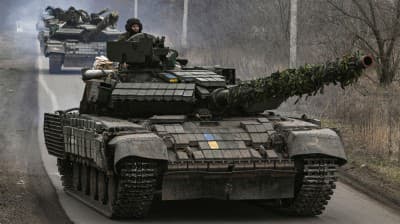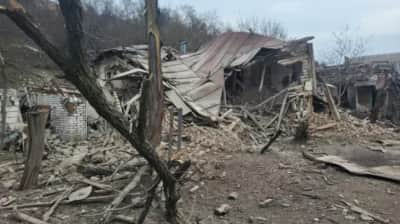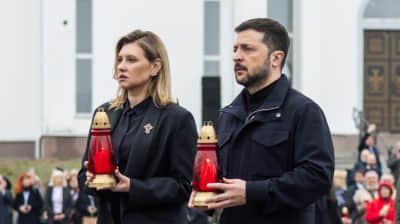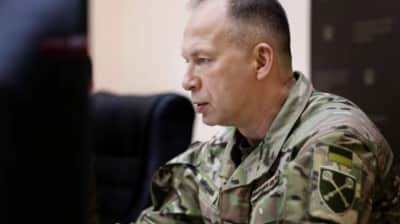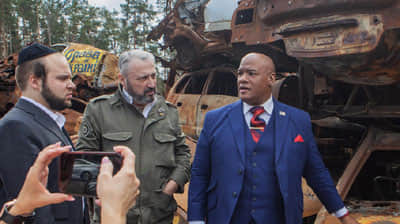US maintained direct contact with Russia during Wagner's rebellion – Kirby
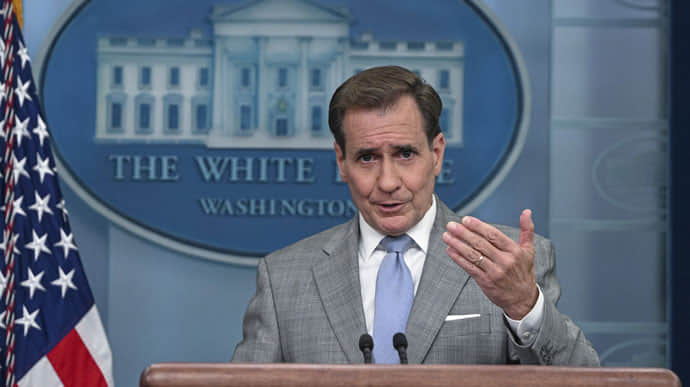
The United States was in direct contact with Russia during the so-called Wagner rebellion, John Kirby, National Security Council Coordinator for Strategic Communications for the White House, has said.
Source: Kirby at a briefing
Quote from Kirby: "We had good, direct communications with the Russians over the course of the weekend. It’s our expectation that that would be able to continue going forward. "
Details: In particular, according to him, the US wanted to convey two messages to the Russian Federation: regarding the protection of American diplomats and regarding the fact that the USA is not involved in internal events in Russia.
He also added that the US "made sure that we lashed up early and have stayed lashed up with our allies and partners to make sure we all have the same kind of perspective on this and were approaching it from the same way".
Asked to clarify whether the Russians were responding in real time to US contacts, Kirby said: "instability in Russia is something that, you know, we take seriously. And we certainly had lots of questions over the course of the weekend, as did you, about the situation in Russia and the issue of stability. And we did have and were able to have in real time, through diplomatic channels, conversations with Russian officials about — about our concerns."
At the same time, he refused to identify what exactly happened in Russia – a rebellion, a coup attempt or an armed uprising – saying that they were not "slapping a bumper sticker on it".
Kirby also added that there is currently no indication that there have been any changes in the command system of the Russian armed forces.
Background:
- On the evening of 23 June, Wagner Group leader Yevgeny Prigozhin claimed that the regular Russian army had launched a missile strike on the Wagner mercenaries’ rear camps. He therefore deployed 25,000 of his mercenaries "to restore justice".
- On the morning of 24 June, Yevgeny Prigozhin, Head of the Wagner Private Military Group (PMC), claimed that he had taken control of the military facilities of Rostov-on-Don, including an airfield, and that his soldiers had already shot down three Russian helicopters; he said that they were "heading for Moscow". Wagner PMC mercenaries seized military facilities in the Russian city of Voronezh.
- In an emergency address on 24 June, Russian President Vladimir Putin said that Russia was "fighting for survival" and that attempts were being made to "organise a coup" in the country.
- The Russian Presidential Administration (AP) feared that within a few hours, Evgeny Prigozhin's Wagnerians could be near Moscow and fighting would break out near the capital. According to Ukrainian intelligence, Putin urgently left Moscow for Valdai. A convoy of the Wagner Group was spotted 400 km from Moscow.
- On Saturday evening, after a conversation with Alexander Lukashenko, the self-proclaimed president of Belarus, Prigozhin announced that his mercenaries were turning their convoys around and going back to set up field camps. Later, it was reported that the criminal case against Prigozhin was to be closed and he would "go to Belarus".
Journalists fight on their own frontline. Support Ukrainska Pravda or become our patron!

